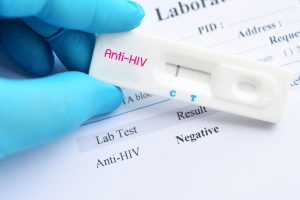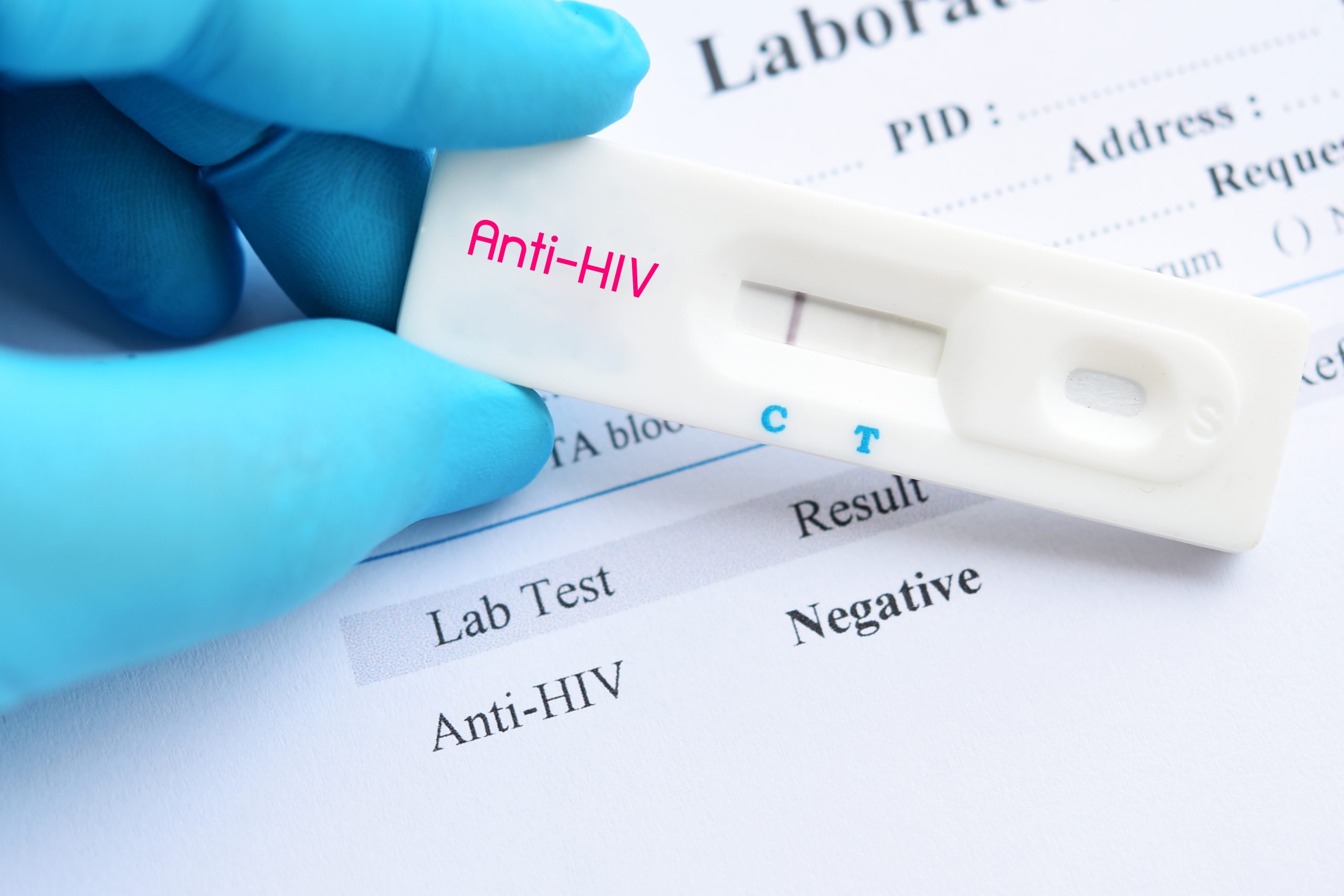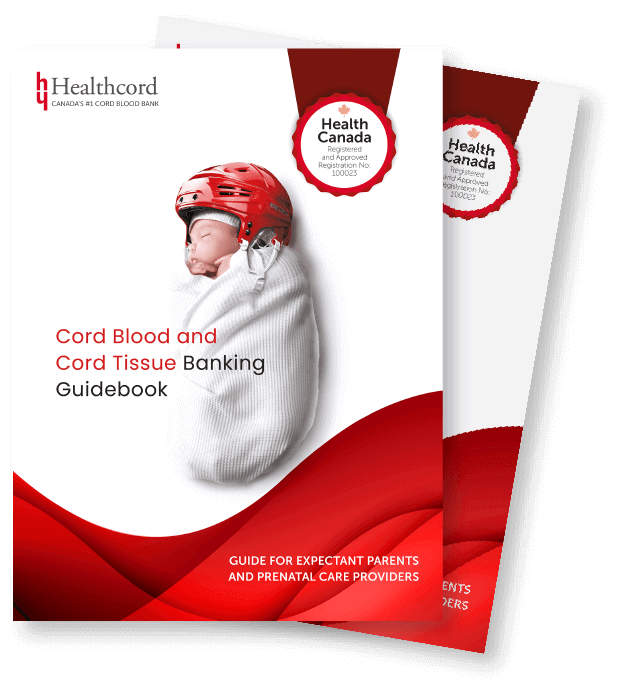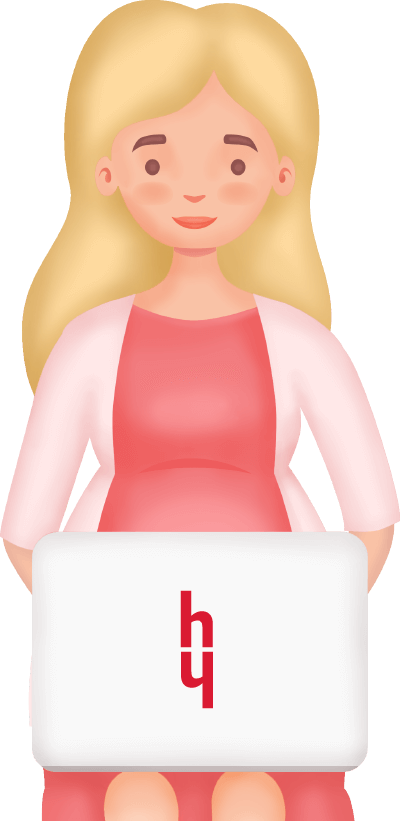
Stem cells may one day be used to treat hypothyroidism
Hypothyroidism is a relatively common hormonal disorder where the thyroid gland produces too little thyroid hormone. In Western countries, hypothyroidism affects approximately 0.4% of the population, while a milder subclinical form affects a further 4.3 to 8.5% of people. Worldwide, up to 1 in 3000 babies are born with hypothyroidism (congenital hypothyroidism). A study published in Cell Stem Cell describes the generation of functional thyroid tissue from mouse and human stem cells, providing an important step toward using stem cells to treat hypothyroidism.
The thyroid is one of the largest and most important hormone-producing glands in the body. It is a key regulator of the body’s energy use (metabolism), protein production, and sensitivity to other hormones. Symptoms of hypothyroidism include increased cold sensitivity, fatigue, weight gain with poor appetite, and poor memory and concentration. In children, hypothyroidism can lead to delays in physical and mental development if left untreated.
In this study, scientists in Boston identified key pathways that are important for the development of stem cells into cells of the thyroid gland. They showed that these pathways are conserved among frogs, mice and humans. Using mouse stem cells, the scientists induced the cells to form groups of functioning thyroid cells known as organoids. When transplanted into mice with hypothyroidism, the organoids secreted thyroid hormones and rescued the mice from the hypothyroid condition. To demonstrate the technique with human cells, the scientists used skin cells from children who were previously diagnosed with a genetic form of hypothyroidism. Using an established method, they induced the skin cells to return to a stem cell-like state. Finally, they used the technique developed in frogs and mice to cause the new stem cells to change into thyroid cells.
Hypothyroidism is currently managed with synthetic thyroid hormones. However, the new study shows that it may eventually be possible to provide sustained restoration of thyroid function by using a patient’s own cells and reprogramming them into thyroid cells. Furthermore, the results provide a model of thyroid development which can be used to study thyroid diseases including thyroid cancer.
Reference:
Karmann, AA, Serra, M, Hawkins, F, et al. (2015) Regeneration of thyroid function by transplantation of differentiated pluripotent stem cells. Cell Stem Cell. 2015 Nov 5; 17(5): 527–542. doi: 10.1016/j.stem.2015.09.004.
Related Posts

Novel Cord Blood Stem Cell Treatment Leads to HIV Remission


Stem Cell Transplantation Shows Potential in Stroke Recovery









